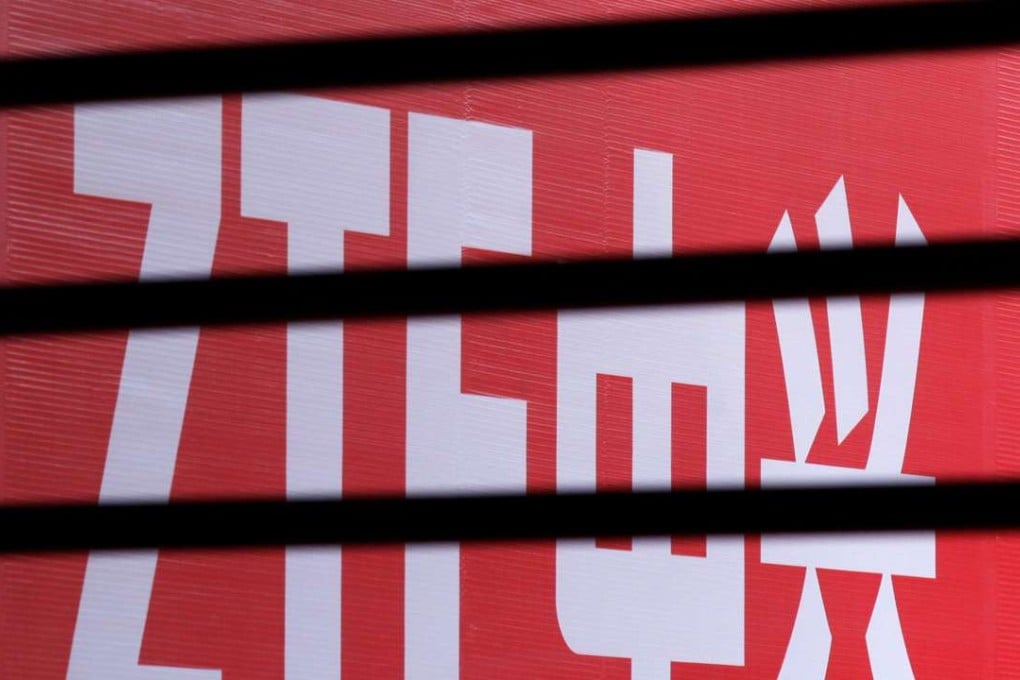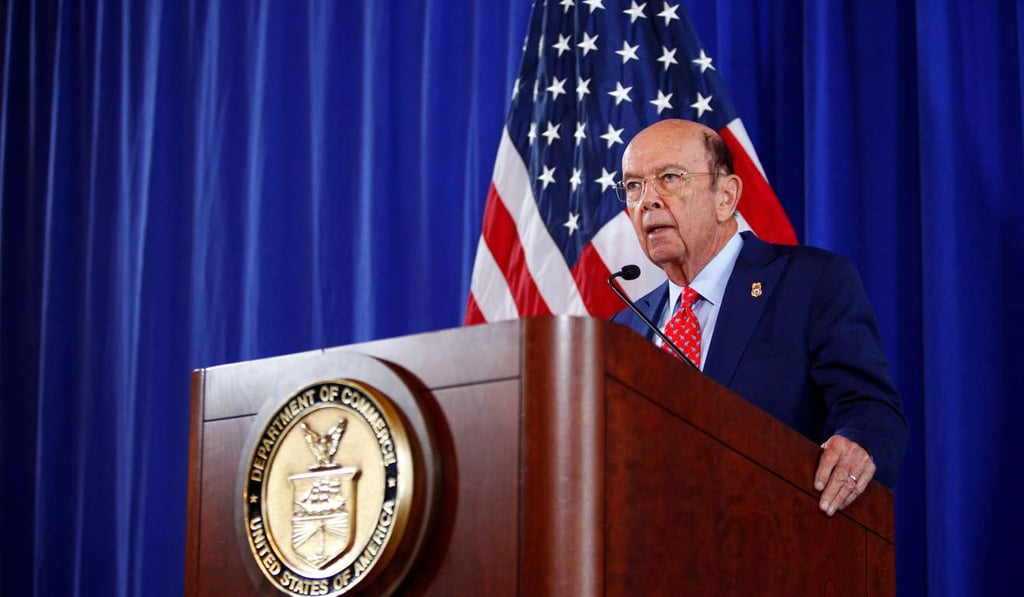New | ZTE to pay record US$1.2 billion fine for violating Iran, North Korea sanctions
ZTE’s shares jumped by the most in 19 months, amid optimism that the settlement could remove a US exports ban of components and chips vital to ZTE’s telecommunications products.

ZTE Corp, China’s largest listed telecommunications equipment supplier, has agreed to pay the United States government a record fine to settle a five-year probe of its trade sanctions violations, in a move to lift the ban on US exports of chips and components for its products.
ZTE agreed to pay a total of US$1.2 billion in penalties to the US government to settle its violation of long-standing trade sanctions on Iran and North Korea. It also agreed to activate audit and compliance requirements to prevent and detect future violations.
In addition, the company agreed to a seven-year suspended denial of export privileges, which could be quickly activated if any aspect of this deal is not met, according to an announcement by US Secretary of Commerce Wilbur Ross.
“ZTE acknowledges the mistakes it made, takes responsibility for them and remains committed to positive change in the company,” Zhao Xianming, the chairman and president of ZTE, said in a statement late on Tuesday. “We have learned many lessons from this experience and will continue on our path of becoming a model for export compliance and management excellence.”
